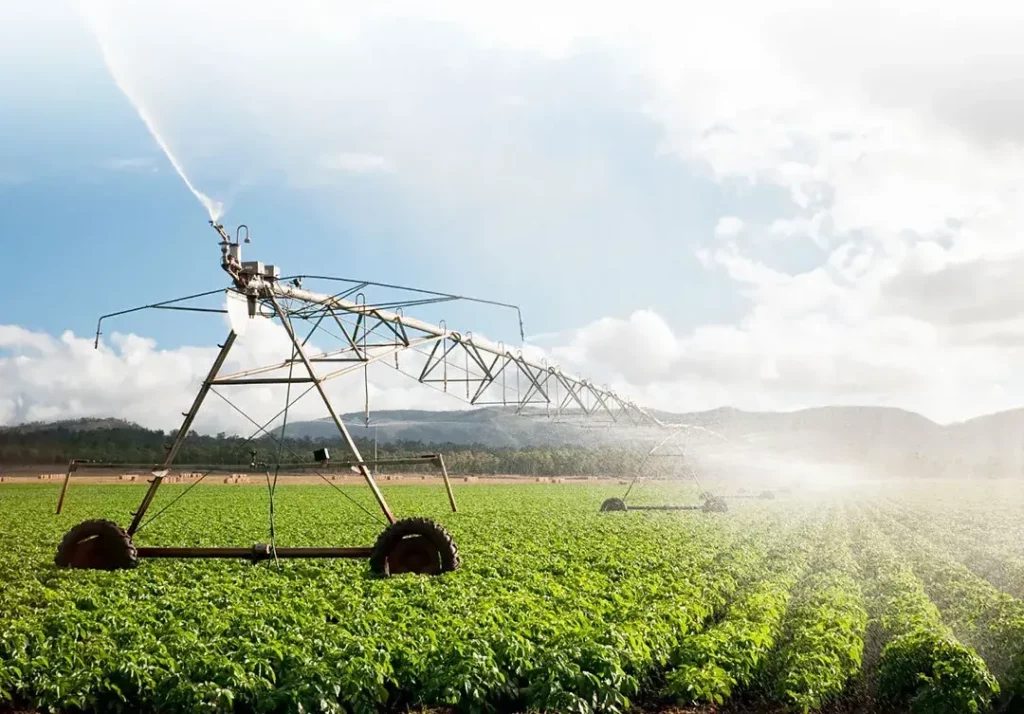
As the global population continues to grow, the pressure on agricultural systems to produce more food sustainably has never been greater. Sustainable agricultural methods offer a path forward, but farmers face numerous challenges in adopting these practices. In this blog post, we’ll explore the key challenges faced by farmers in transitioning to sustainable agricultural methods and discuss potential solutions to overcome these obstacles.
Limited Access to Resources:
One of the primary challenges farmers encounter in adopting sustainable agricultural methods is limited access to resources such as land, water, and capital. Smallholder farmers, in particular, often lack access to land tenure rights, adequate irrigation infrastructure, and financial resources needed to invest in sustainable practices. This hinders their ability to adopt technologies like drip irrigation, agroforestry, or organic farming techniques that require upfront investment.
Knowledge and Education Gaps:
Another significant barrier to the adoption of sustainable agricultural methods is the lack of knowledge and education among farmers. Many farmers may be unaware of the benefits of sustainable practices or lack the technical know-how to implement them effectively. Additionally, traditional farming methods passed down through generations may not always align with modern sustainable practices, leading to resistance to change.
Market and Economic Pressures:
Farmers face economic pressures driven by market demands, which can hinder their ability to adopt sustainable practices. In some cases, market incentives may prioritize short-term gains over long-term sustainability, leading farmers to prioritize conventional farming methods that promise higher yields or immediate profits. Furthermore, certification processes for organic or sustainable products can be costly and time-consuming, deterring farmers from pursuing certification.
Climate Variability and Risks:
Climate change poses significant challenges to agricultural sustainability, with increasingly erratic weather patterns leading to crop failures, pest outbreaks, and soil degradation. Farmers must contend with unpredictable rainfall, extreme temperatures, and natural disasters like floods or droughts, which can disrupt agricultural production and undermine efforts to adopt sustainable practices. Climate-smart agricultural techniques and resilient crop varieties are essential for mitigating these risks.
Policy and Institutional Barriers:
Policy and institutional barriers can also impede the adoption of sustainable agricultural methods. In some cases, government subsidies or agricultural policies may favor conventional farming practices, disincentivizing farmers from transitioning to sustainable methods. Additionally, bureaucratic hurdles, complex regulations, and lack of supportive infrastructure can hinder farmers’ ability to access resources and services necessary for sustainable agriculture.
Infrastructure and Technology Gaps:
Limited access to infrastructure and technology, particularly in rural areas, poses challenges for farmers looking to adopt sustainable practices. Inadequate storage facilities, transportation networks, and market access can constrain farmers’ ability to produce and sell sustainably grown products. Similarly, technological barriers, such as the availability of affordable and appropriate farming equipment or access to reliable internet connectivity for accessing agricultural information and resources, can hinder adoption.
Conclusion:
Despite the numerous challenges, farmers around the world are increasingly recognizing the importance of adopting sustainable agricultural methods to ensure food security, protect natural resources, and mitigate climate change. Addressing these challenges requires a multi-faceted approach that involves investing in rural infrastructure, providing access to education and training, incentivizing sustainable practices through supportive policies and market mechanisms, and fostering collaboration between government, civil society, and the private sector. By overcoming these obstacles, farmers can transition towards more sustainable and resilient agricultural systems that benefit both people and the planet.
